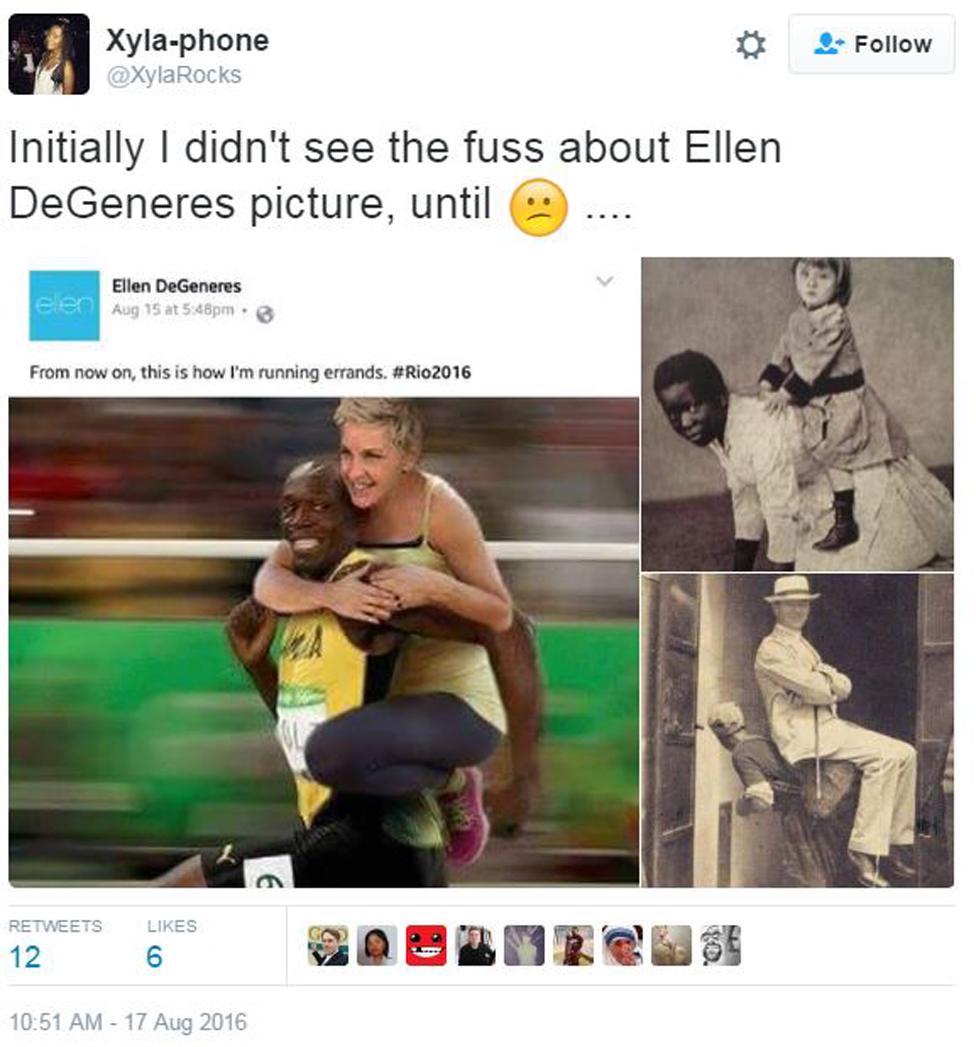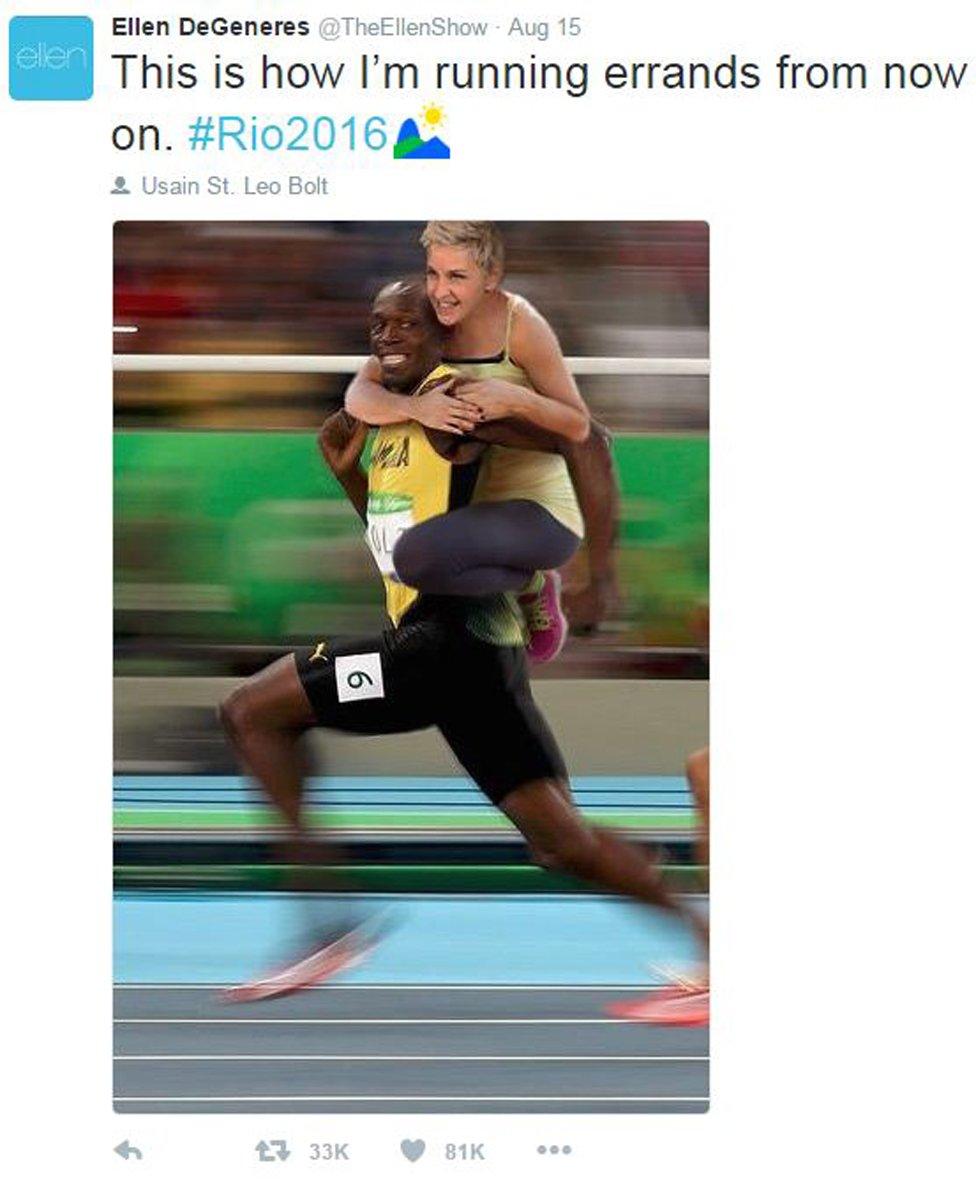Can humor truly be harmless, even when it targets a group based on their race? The prevalence of racist jokes, particularly those that garner popularity, suggests a societal comfort level that warrants serious examination.
The pervasiveness of racist humor is undeniable. From online forums and comedy clubs to casual conversations, jokes that rely on stereotypes and prejudice continue to circulate. Websites often feature lists of "top" racist jokes, ranked by visitor votes, indicating a demand for this type of content. The supposed intent behind these jokes can vary, from simple attempts at humor to more insidious efforts to reinforce existing biases.
The allure of such jokes is complex. For some, they might represent a form of rebellion against political correctness, a way to push boundaries and provoke a reaction. Others might genuinely find the jokes funny, perhaps because they align with their pre-existing beliefs or offer a sense of camaraderie within a specific group. Still, the impact of these jokes extends far beyond the immediate laughter.
Consider the following table, providing a hypothetical case study of a comedian whose material has courted controversy. Note: This is a fictional example for illustrative purposes.
| Category | Details |
|---|---|
| Name | [Fictional Comedian's Name: Alex Johnson] |
| Age | 42 |
| Nationality | American |
| Profession | Stand-up Comedian, Writer |
| Known For | Controversial comedy routines touching on race, religion, and social issues. |
| Controversies | Multiple instances of jokes deemed racist or offensive by various groups; public backlash and protests at some performances. |
| Defenses | Claims his intent is to provoke thought and challenge societal norms; argues comedy is subjective and should not be censored. |
| Impact | Mixed: increased fame and notoriety, but also loss of sponsorship deals and canceled shows; public debates on free speech versus hate speech. |
| Website (Hypothetical) | Example Comedian's Website (This is a placeholder - Replace with a relevant link if desired) |
The mechanics of a racist joke are often straightforward. They rely on pre-existing stereotypes, generalizations, and biases about specific racial or ethnic groups. By employing these elements, the jokes aim to elicit laughter, often at the expense of the "butt" of the joke the group being targeted. The effectiveness of the joke, and its perceived "funniness," often hinges on the audience's existing familiarity with the stereotype and their willingness to accept it, even if momentarily.
Comedians, sometimes use these kinds of jokes to address prejudice or highlight the absurdity of racist beliefs. However, whether the intention is to expose or to perpetuate, the use of racist jokes can have detrimental effects. These jokes can legitimize harmful stereotypes, reinforce discriminatory attitudes, and contribute to a climate of exclusion.
It is true that humor can be a powerful tool for social commentary, and sometimes, laughter can be a way to deal with difficult subjects. However, racist jokes often fail to achieve the kind of constructive dialogue that is needed. Instead, they can deepen divisions and make it harder for people to connect across racial and ethnic lines. The victim in the joke is often reduced to a caricature, their humanity and complexity stripped away.
The impact extends beyond the immediate context of the joke itself. When these jokes are shared in schools, workplaces, or online, they create a climate of discomfort and alienation. For members of the targeted groups, hearing such jokes can be a painful reminder of the prejudice they face daily. The choice then becomes difficult: do they laugh along, potentially at their own expense, or do they speak up and risk being labeled as "oversensitive" or a "party pooper?"
Students, for instance, are exposed to this type of humor, and the impact is real. They face situations that require difficult choices and also force them to navigate complex social dynamics while trying to create a positive learning environment. When encountering racist humor at school, students often find themselves in a challenging position. If they choose to laugh along with the joke to avoid social exclusion, they are, in a way, complicit in perpetuating harmful stereotypes. On the other hand, those who openly object risk being ostracized or labeled as "no fun" by their peers. The school itself might struggle with how to address such incidents, with solutions varying depending on the context and the individuals involved.
The pervasive nature of online discourse amplifies the problem. Racist trolls are a constant presence, and they can spread their hateful messages with ease. While there are responses to these trolls, it's important to recognize the scale and impact of this type of online content.
The context is essential. A joke delivered by a member of the dominant group can reflect ethnocentric notions of racial superiority. The joke's targets are often portrayed as odd or weird, at best amusing, and at worst deserving of ridicule. Such jokes perpetuate harmful stereotypes and contribute to discrimination and exclusion. When jokes are meant to provide relief and comfort to white people it can lead to a dismissal of other people's experiences.
There is also a tendency to conflate racism with other forms of humor, such as jokes about nationalities. While not all jokes about nationality are inherently racist, the potential for harm exists. Humor has its limits, and crossing them is easy. A joke about Mexican culture, for instance, can become racist if it relies on stereotypes about intelligence, work ethic, or cultural practices. A joke told to a family and friends about any ethnic group should be carefully evaluated.
The rise of the "yolo" mentality, which emphasizes living life to the fullest, can seem at odds with the need to confront racism. Some might argue that focusing on positive experiences and ignoring negative ones is the best way to live. However, this perspective fails to recognize that racism has a real impact on people's lives. To truly live life to the fullest, it is necessary to address the injustices that exist. Society must be able to acknowledge the damaging impact of racist jokes and to embrace the values of inclusivity and respect.
Historically, the landscape of comedy and the acceptance of racist jokes were quite different. Making such jokes was, at one time, a common occurrence, heard in pubs, clubs, and on the street. However, the shifts in societal awareness have made these jokes a sensitive and controversial topic.
One way that can be used to get someone's attention, is to use the phrase, "I'm not racist, but..." followed by a compliment. The hope here is to make the recipient feel good while gently confronting their own biases. This approach, while possibly leading to humor, can be seen as disingenuous and is not a substitute for direct communication and awareness.
The challenge of countering racist humor in schools or elsewhere is significant. He wanted to know how to get people at his school to stop making racist jokes without becoming the butt of the jokes himself. To find a solution, a firm but nonconfrontational phrase is needed, which will make people think.
Women, racial and religious minorities, and LGBTQ+ communities are often targeted by racist or discriminatory jokes. The jokes are, in many ways, a symptom of wider societal issues. These issues, such as sexism, homophobia, and religious intolerance, require comprehensive solutions.
It's important to recognize the role of context and intent. For example, the humor that originates from other countries, such as Mexico can be very funny and can be used to build bridges. The emphasis should be on understanding the differences between cultural references and harmful stereotypes. Jokes can be used for cultural promotion and for celebrating diversity. They can be a source of entertainment. There can be a range of opinions on this issue. Some people believe that offensive humor, such as sexist or racist jokes, can help break down barriers and challenge prejudice. Others simply find it appalling. The topic is clearly sensitive, and navigating this requires careful thought and a commitment to respecting all people.
In the end, the goal should be to promote inclusivity and create a world in which everyone feels valued and respected. This will mean challenging the assumptions underlying racist jokes and creating a more inclusive environment. This needs us to understand and embrace the value of being present and living life to the fullest, while also confronting the injustices that exist.
- Al Pacinos Stature In Feet How Tall Is The Legendary Actor
- Emily Compagno A Force In Conservative Commentary


